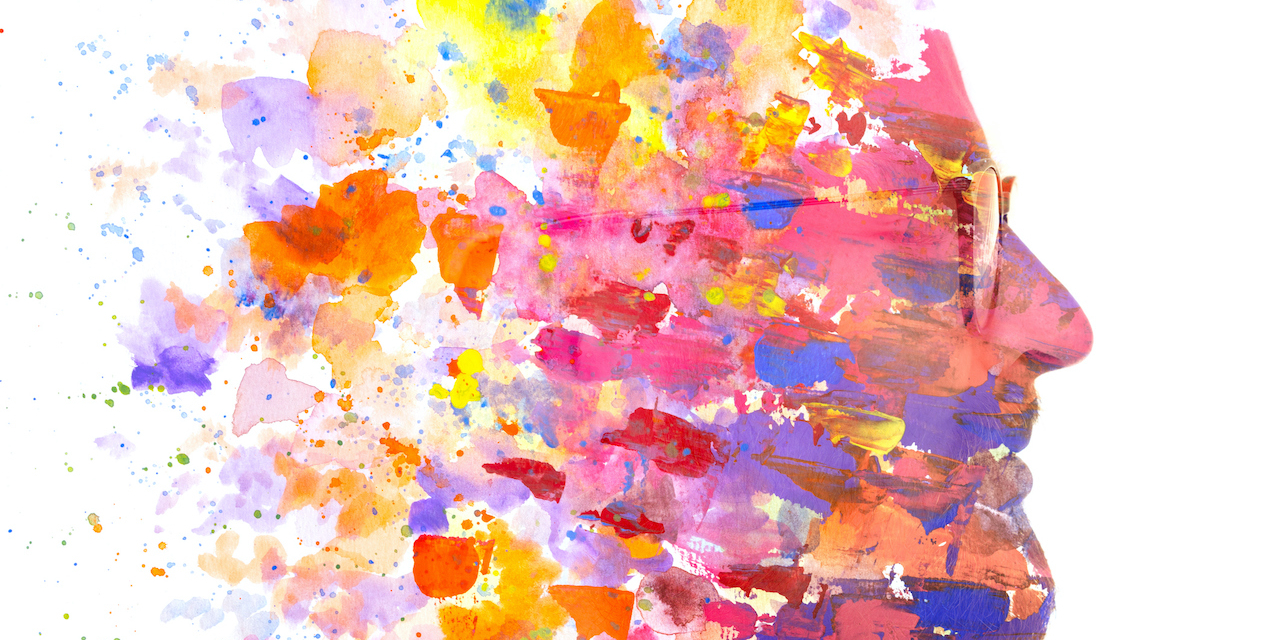Are Adhd People Neurodivergent?

Introduction: What Does Neurodivergent Mean?
Have you ever heard the term "neurodivergent"? It sounds a bit fancy, but it's really about how our brains work differently. When we say someone is neurodivergent, we’re talking about people whose brains process information in unique ways compared to what’s considered “normal.” This includes conditions like autism, dyslexia, and yes, ADHD, or Attention-Deficit/Hyperactivity Disorder.
Now, you might be wondering why this matters. Understanding whether ADHD falls under the neurodivergent umbrella can help us better support those who live with it. It allows us to appreciate the different ways people think and learn, and it can change how we approach education, work, and relationships. So let’s dive in!
What is ADHD?
ADHD is a condition that affects how people focus, control their impulses, and manage their energy levels. Imagine trying to pay attention in class while a million thoughts are racing through your mind, or feeling like you have a motor that just won't turn off. That’s what many people with ADHD experience daily.
ADHD is often diagnosed in childhood, but many adults carry the condition into their later years. Symptoms can include:
- Inattention: Difficulty focusing on tasks or following instructions.
- Hyperactivity: Feeling restless or having trouble sitting still.
- Impulsivity: Acting without thinking about the consequences.
Are People with ADHD Neurodivergent?
Now, let’s get to the heart of the matter: Are people with ADHD considered neurodivergent? The answer is yes! ADHD is classified as a neurodevelopmental disorder, meaning it relates to the way the brain develops and functions. People with ADHD have brains that may process information differently than those without the condition.
Real-Life Examples of Neurodivergence
To better understand this, let’s look at some real-life examples.
-
The Classroom Challenge: Think about a classroom setting. A student with ADHD might struggle to pay attention while the teacher is explaining a new math concept. Their mind may wander to thoughts about lunch or a video game, making it hard to absorb what’s being taught. This doesn't mean they aren't smart; it just means they learn differently.
-
Creative Thinking: Many individuals with ADHD are incredibly creative. They might come up with ideas that others wouldn’t think of because their brains make connections in unique ways. For instance, a person with ADHD might create an innovative art project that captures attention, showing that different thinking can lead to amazing results.
-
Workplace Dynamics: In the workplace, someone with ADHD might excel in high-energy environments where they can multitask and think outside the box. They might struggle with routine tasks but shine in brainstorming sessions or creative projects. This illustrates how neurodivergence can bring strengths as well as challenges.
Practical Tips for Supporting Neurodivergent Individuals
Now that we understand ADHD and its connection to neurodivergence, let’s explore some practical tips for supporting those with ADHD, whether you’re a teacher, parent, friend, or coworker.
1. Create a Structured Environment
People with ADHD often thrive in structured settings. Here’s how you can help:
- Use Visual Aids: Charts, lists, and calendars can help keep tasks organized.
- Set Clear Expectations: Make sure instructions are straightforward and easy to follow.
2. Encourage Breaks
Long periods of focus can be tough for someone with ADHD. Here’s what you can do:
- Incorporate Short Breaks: Allow time for quick breaks during tasks to recharge.
- Physical Activity: Encourage activities like stretching or a short walk to help release pent-up energy.
3. Foster Open Communication
Encouraging open dialogue can make a significant difference:
- Listen Actively: Show that you value their thoughts and feelings.
- Provide Feedback: Constructive feedback can help them understand what works and what doesn’t.
4. Celebrate Strengths
Remember, people with ADHD often have unique strengths. Here’s how to highlight those:
- Recognize Achievements: Celebrate their accomplishments, big or small.
- Encourage Creativity: Provide opportunities for creative expression, whether through art, writing, or problem-solving.
Conclusion: Embracing Neurodiversity
In conclusion, people with ADHD are indeed neurodivergent. This understanding opens doors to better support, acceptance, and appreciation of different ways of thinking. By recognizing the strengths and challenges that come with ADHD, we can create environments where everyone can thrive.
So the next time you encounter someone with ADHD, remember that their brain simply works differently. Embrace their unique perspective, offer support, and celebrate the diversity of thought that makes our world so rich and vibrant. After all, neurodiversity is not just about understanding differences; it’s about valuing them!



Comments ()